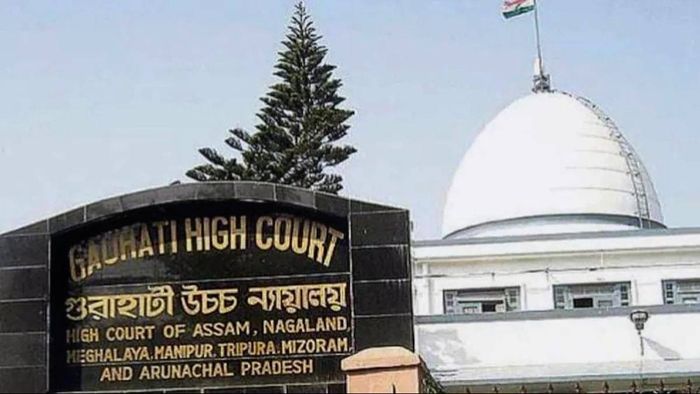Assam: Gauhati High Court grants bail to UAPA accused in 2019 Guwahati grenade blast
The Gauhati High Court granted bail to Indra Mohan Borah, who has been booked under the stringent Unlawful Activities Prevention Act (UAPA) for is alleged involvement in the 2019 grenade blast that occurred near the Guwahati Central shopping mall leaving 12 people injured.

- Jan 16, 2024,
- Updated Jan 16, 2024, 1:02 PM IST
The Gauhati High Court granted bail to Indra Mohan Borah, who has been booked under the stringent Unlawful Activities Prevention Act (UAPA) for is alleged involvement in the 2019 grenade blast that occurred near the Guwahati Central shopping mall leaving 12 people injured.
A bench of Justice Michael Zothankhuma and Malastri Nandi granted bail to Mohan Borah noting that the evidence adduced against him does not indicate that he was involved in the blasting of the grenade, though, the bench added he might be a member of the terrorist organisation.
The High Court's decision to grant bail was based on the assessment that the evidence against Borah was insufficient to indicate his involvement in the grenade attack. Although it was acknowledged that Borah might be a member of a terrorist organization, the court emphasized that mere membership without proof of involvement in the specific act of the grenade blast was not enough to keep him in custody.
The bench, comprising Justices Michael Zothankhuma and Justice Malasri Nandi, noted that only 20 out of 177 prosecution witnesses had been examined to date, and two co-accused had already been released on bail.
The court also considered the length of time Borah had spent in judicial custody—four years, seven months, and twenty-two days—as a factor in its decision.
It was highlighted that despite the appellant's long period of incarceration, the trial had progressed slowly. Furthermore, the court took into account the constitutional right to a speedy trial under Article 21 of the Constitution of India.
Borah's release was ordered upon the furnishing of a bail bond of Rs 50,000 and two sureties of the same amount. The court's ruling underscored the principle that an accused is presumed innocent until proven guilty and that bail is a rule rather than an exception, especially when the evidence presented by the prosecution does not strongly suggest the accused's direct involvement in the criminal act in question.